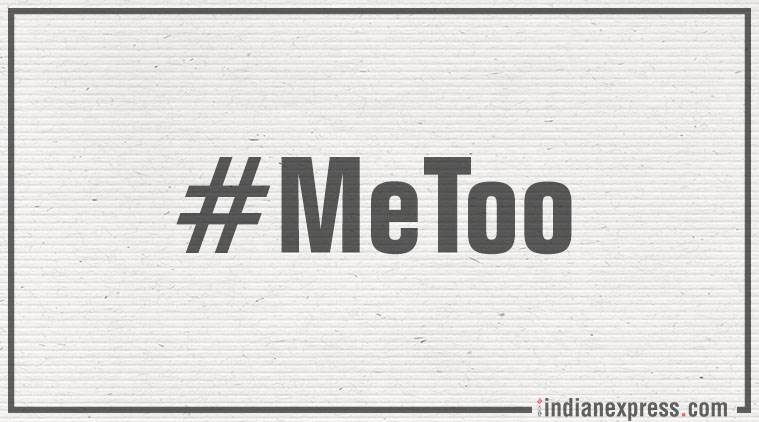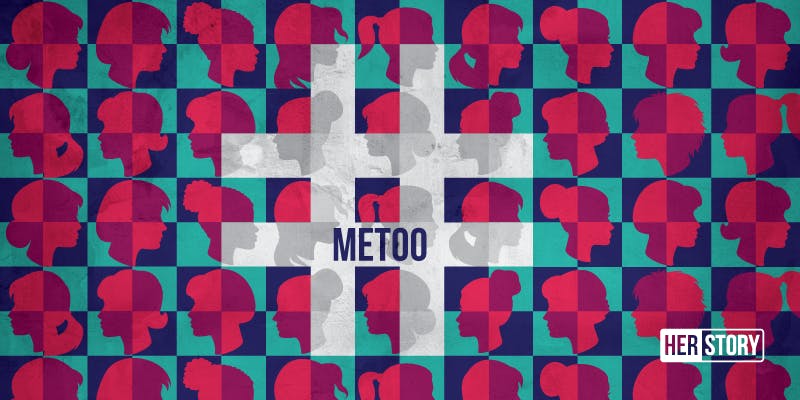A study, in 12 districts of Odisha covering a sample of 729 women with disabilities, showed that 12.6 per cent of the physically disabled respondents reported to having been raped

“My friend, who has polio and had never been out on her own, wanted to be trained in swimming. On the first day, the swimming coach picked her up from her house, raped her midway, and told her he was doing her a favour. That was seven years ago. To this day she has not told her family about it for fear that they won’t allow her to leave home.”
Meenu Mani, Disability rights activist living with cerebral palsy.
“This man from our neighbourhood would sneak into our house and touch me every day for six days. On the seventh day, my brother spotted him and raised an alarm. That’s when it stopped.” An intellectually challenged young rape survivor from West Bengal. “As part of the #MeToo conversations I wrote of my experience of being abused by a fellow disability rights activist in the hope that other women like me will speak out. I received a flood of private messages from women with all kinds of disabilities sharing their stories of having being sexual assaulted. But all of them admitted that they can never speak up openly.”
Shampa Sengupta, Disability rights activist.
With the #MeToo movement bringing stories of sexual abuse to the fore, victims, activists, and academics working in the area of disability rights came together at the National Convention Against Sexual Violence on Girls/Women with Disabilities on Sunday to talk of how their dependence makes it harder for them to speak up. “Most women with disabilities face sexual abuse from caregivers in the family, or at institutions they are housed in,” Sengupta said.
She said since the victim is dependent on the perpetrator, she finds it very hard to speak up. This dependence, she said, is also compounded due to the failure of the State to create an access-free environment. “This is so not just in terms of physical infrastructure but also in tailoring the complaints mechanisms or women’s helplines to meet the needs of those intellectually changed or deaf,” she said.
Sengupta and several others hold that both women’s and disability rights movement have not cared about gender in disability. This is true for most government policies, too, as there is no disaggregated data of violence against women with disabilities, they say.
A 2005 Oxfam-funded study states that disabled children are abused at a higher incidence than non-disabled children. The study, in 12 districts of Odisha covering a sample of 729 women with disabilities, showed that 12.6 per cent of the physically disabled respondents reported to having been raped, for those mentally challenged the reported rapes were as high as 25 per cent.
Noted disability rights activist Prof Anita Ghai, who teaches Disability Studies at Ambedkar University, said there is a lack of any epistemology around the issue. “Even if one goes by the conservative census estimate of 21 million persons with disabilities in India (9.3 million women), it is equivalent to the population of some countries. We have women’s studies and caste studies, but disability is looked at as only a concessional category,” she said.
Ghai said there are several instances of mothers forcing their daughters with disabilities to go for hysterectomy. “In some cases mothers are silent about their child being abused by a family member because for them the child is still safer at home than outside,” she said.
Muralidharan, general secretary of the National Platform for the Rights of the Disabled, said, “The Protection of Children from Sexual Offences (POCSO) Act of 2012 has some provisions in case of children with disabilities, and Rights of Persons with Disabilities Act, 2016, provided for punishment for any person who sexually assaults a woman with disability. But there is no implementation of any of these provisions.
Kumari Vaishnavi of Bihar Viklang Adhikar Manch pointed out that in the recent Muzaffarpur shelter home abuse cases in the state, it emerged that many of the girls were intellectually challenged. “If living in a shelter home makes children vulnerable to abuse, girls with disabilities are even more vulnerable. It is worse for women with disabilities in rural India, where gender, caste, disability intersect, leaving them with no recourse in case of sexual violence,” she said.
The Justice Verma Committee report, prepared after consultation with disability rights organisations, was the first to make separate provisions for women with disabilities facing sexual violence. These included having the police go to the victim’s home to file FIR, video recording of her statement, allowing for sign language interpreter or special educator.
Muralidharan said, “During the Verma committee consultations we had suggested for a monitoring mechanism for institutions where girls with disabilities are lodged. Had the government accepted our suggestion, the Muzzafarpur incident could have been averted.”
https://indianexpress.com/article/india/women-with-disabilities-come-together-dependence-makes-it-harder-to-speak-up-5466077/

December 5, 2018 at 4:28 pm
The condition of disabled women is pathetic in the country and needs to be addressed